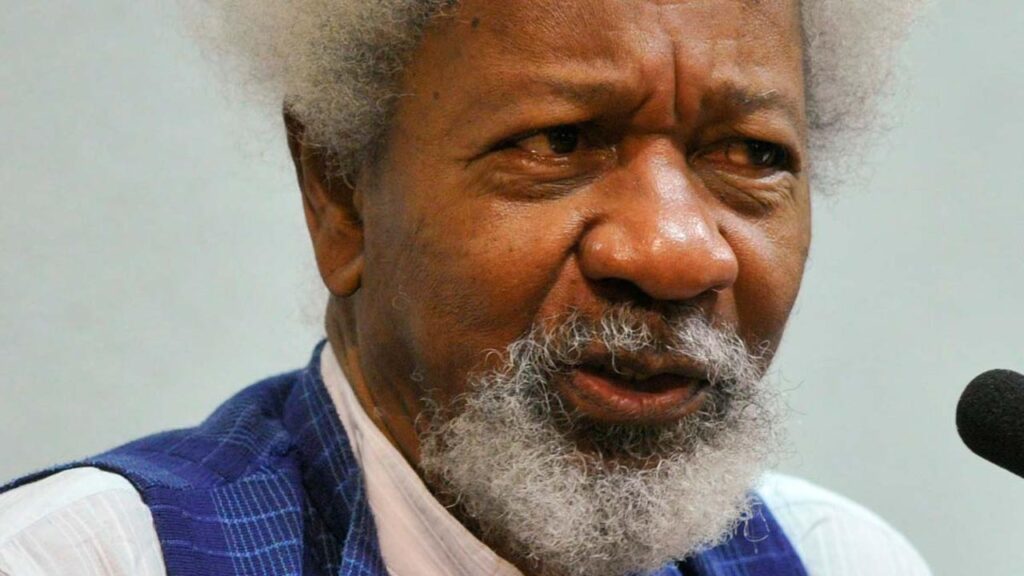
The Association of Africa Election Authorities (AAEA) and the Electoral Commission of South Africa (IEC) have launched the principles and guidelines for the use of digital and social media in elections in Africa.
Held in Johannesburg, South Africa on February 27, this initiative, supported and influenced by the United Nations Educational, Scientific and Cultural Organisation (UNESCO), is closely connected with the UNESCO Guidelines for the Governance of Digital Platforms.
The genesis of this cooperation can be traced back to discussions and insights exchanged during the Internet for Trust global conference in February 2023. The conference played a pivotal role in shaping UNESCO’s Guidelines for the Governance of Digital Platforms and laid the groundwork for collaboration with the AAEA’s project, which addresses social media’s impact on elections, providing insights for safeguarding digital rights and electoral integrity in Africa.
The recent launch event in Johannesburg served as a crucial platform for electoral management bodies in Africa to discuss and prioritise the elements outlined in the AAEA principles and guidelines.
It facilitated dialogue on integrating these guidelines into electoral processes and exploring new strategies to safeguard access to information and freedom of expression online, while combating disinformation, misinformation and hate speech. Additionally, the event aimed to promote electoral integrity across African jurisdictions through collaboration between election assistance agencies and partners.
Fifty electoral actors from various African countries, including the majority of the 24 nations holding elections in the Super-Elections Year of 2024, participated in the event. It served as a forum for expressing diverse perspectives and fostering collaborative efforts toward transparent and inclusive electoral processes throughout the continent.
UNESCO contributed significantly to the development of the African principles and guidelines and supported organising of the event.
“The development of these principles and guidelines on social media, spearheaded by the Electoral Commission of South Africa on behalf of AAEA, is ground-breaking on the African continent. It is also among the few such endeavours globally, including the sterling work done by the UNESCO in recent years,” said the Deputy President of South Africa, Shipokosa Paulus Mashatile.
The Director for Freedom of Expression, Media Development and Media and Information Literacy, Sylvie Coudray, emphasised that the cooperation has benefited both parties: “The collaborative efforts between the AAEA and UNESCO have been mutually enriching, contributing valuable insights to discussions, dialogue, and public awareness initiatives to shape a future where the internet, digital platforms and all forms of new technologies contribute positively to the democratic process, preserving the respect for human rights.”
The African principles and guidelines advocate for a coordinated approach among electoral management bodies across the continent, drawing guidance from international standards on freedom of expression and other human rights principles. Moreover, it encourages collaboration with Civil Society Organisations (CSOs) and journalists to uphold electoral integrity amidst challenges related to digital rights, reaffirming a commitment to freedom of expression and access to information in democratic processes.
UNESCO has actively participated in the Technical Working Group (TWG) for these guidelines since its inception in November 2022. With support from the African Union and UNDP, the TWG will work with stakeholders to facilitate the domestication and operationalisation of these guidelines.
Its commitment to protecting freedom of expression and its work on Media and Elections is supported by the Multi-donor Programme for Freedom of Expression and Safety of Journalists (MDP).
Through various initiatives, including upcoming Massive Open Online Courses (MOOCs) on elections and AI, sharing Media and Information Literacy (MIL) resources with electoral management bodies and supporting fact-checking activities in Africa, UNESCO seeks to empower electoral practitioners, journalists and members of the civil society to promote awareness of the guidelines’ principles and the challenges faced by electoral actors, particularly ensuring journalists’ safety and addressing the unique challenges faced by women journalists.













